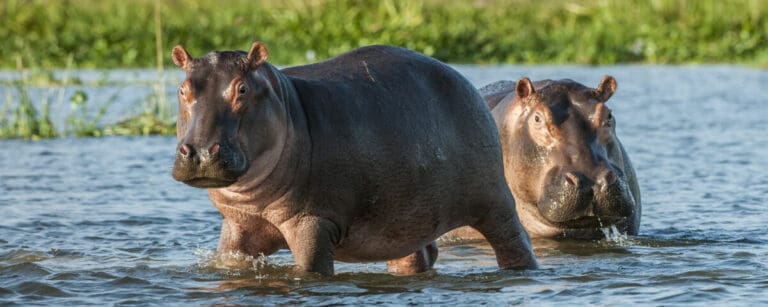The African Development Bank (AfDB) has allocated US$10.6 million to bolster environmental sustainability and resilience along the Zambezi River basin, a vital waterway traversing eight southern African nations.
This funding is part of a broader initiative, with over US$18 million secured from the Global Environment Facility (GEF), aimed at enhancing ecological well-being across Africa.
The “Strengthening Zambezi River Basin Management towards Climate Resilience and Ecosystem Health” project, a collaborative effort involving Angola, Botswana, Malawi, Mozambique, Namibia, Tanzania, Zambia and Zimbabwe, seeks to improve the integrated management of water, energy, food, and environmental resources.
The project is expected to benefit millions through advancements in agriculture, fisheries and dam operations, promoting transboundary cooperation and adaptive management to fortify the basin’s resilience.
Complementing this, the “Global Electronics Management (GEM) programme (Horn of Africa Regional Child Project)” received US$7.8 million to tackle the growing e-waste challenge in Somalia, Djibouti and Ethiopia.
The GEM programme, with a global cost estimate of US$60 million, aims to reduce e-waste generation and foster circularity in the electronics sector of developing nations.
Anthony Nyong, AfDB’s director of climate change and green growth, emphasised the bank’s commitment to sustainable development and resilience across Africa.
“Through these projects, the African Development Bank continues to lead the way in promoting environmental sustainability and resilience, driving positive change for both people and the planet.” Nyong said in a statement Thursday.
JN/APA


